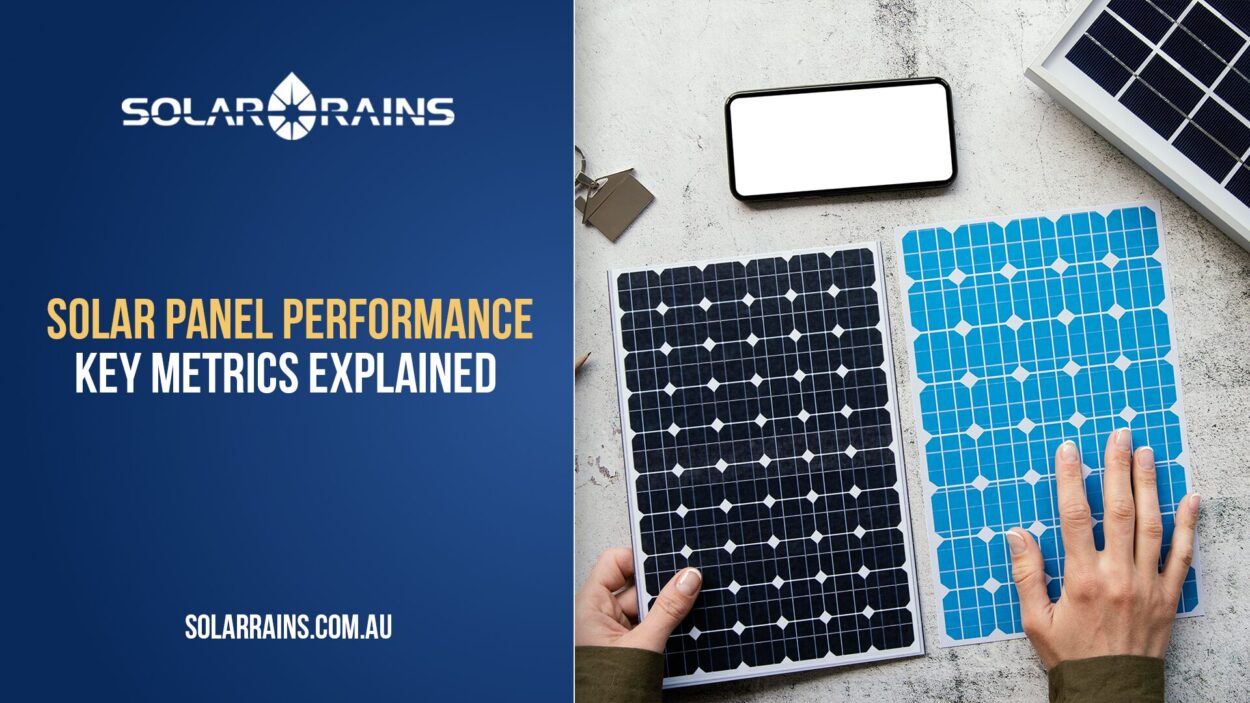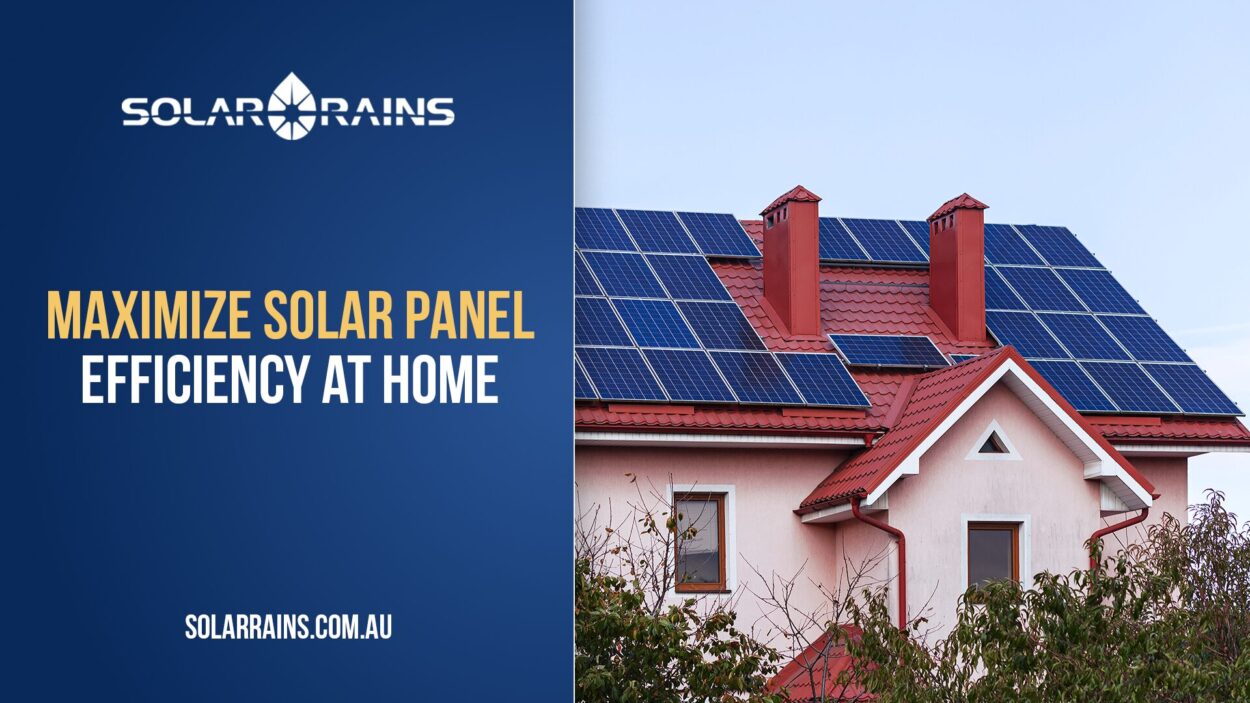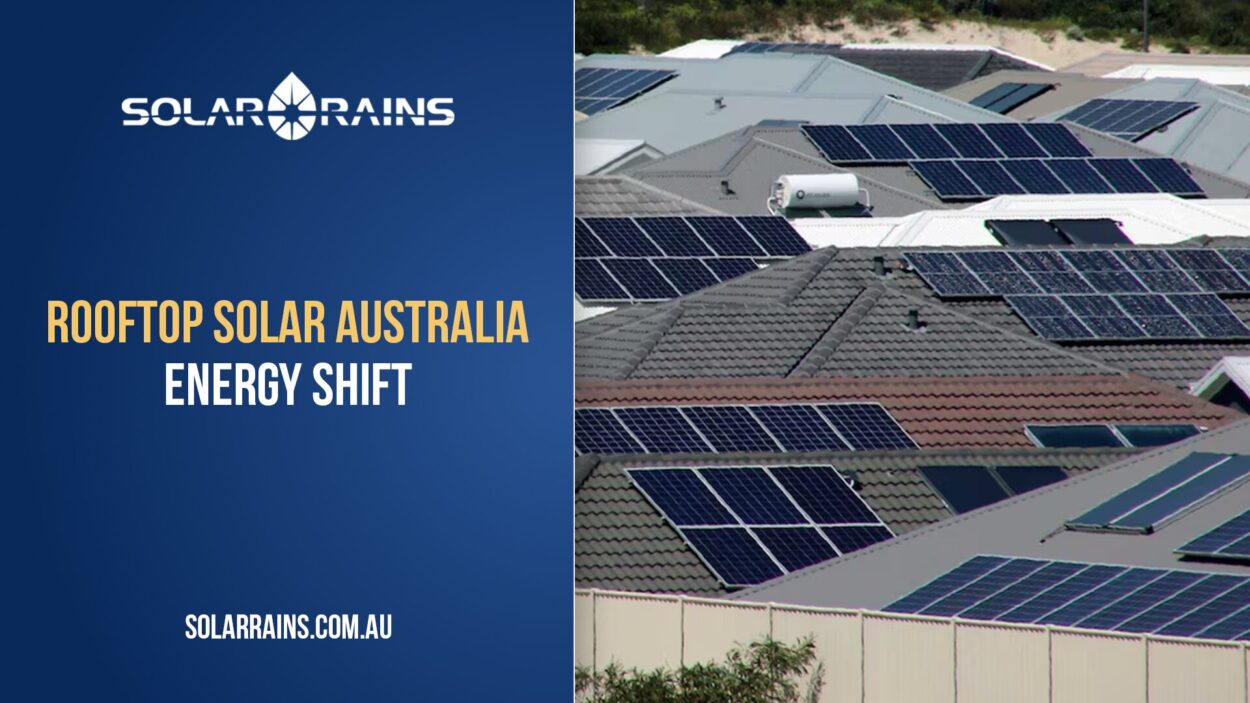As energy costs in Australia continue to rise, many homeowners are seeking smarter ways to manage their electricity usage. One increasingly popular solution is to install a solar battery—a system that stores solar energy generated during the day for use during the evening when electricity rates peak.
In this guide, we’ll explore how solar batteries help you dodge peak-time charges, how the technology works, and which Solar Rains products can help you cut your bills while gaining energy independence.
Understanding Peak & Off-Peak Electricity Rates
In most parts of Australia, energy providers charge variable rates depending on the time of day:
- Off-peak hours (usually late night or early morning): Cheaper electricity
- Peak hours (typically 3PM–9PM): Most expensive
- Shoulder periods (midday or early evening): Mid-range rates
If you don’t have a solar battery, your home draws from the grid during peak times—even if your panels generated plenty of power earlier. This is where solar battery storage becomes a game changer.
Why a Solar Battery Makes All the Difference
A solar battery stores excess energy produced by your panels during the day. Instead of exporting that energy to the grid (often at low feed-in tariffs), you use it later when grid prices spike.
Benefits of battery storage:
- Use stored solar power during peak hours
- Maximise return on your solar investment
- Gain energy resilience during blackouts
- Reduce reliance on volatile grid pricing
How Solar Battery Systems Work
Here’s a simplified breakdown of how the process works:
- Daytime: Solar panels generate power. Household uses some, and excess charges the battery.
- Evening (Peak Hours): Battery discharges, powering appliances without drawing from the grid.
- Night/Overcast Days: If battery is depleted, system reverts to grid as needed.

Smart Systems for Smart Savings
Modern systems often include apps that let you monitor:
- Battery charge level
- Peak vs off-peak usage
- Forecasts to optimise savings
Peak Shaving with Solar Battery Storage
Peak shaving is the process of reducing electricity usage from the grid during peak tariff hours by using stored energy. In residential applications, this is achieved by charging a solar battery during daylight hours and then discharging it in the evening.
Technical Overview
- A hybrid inverter manages when to charge/discharge based on your household demand and grid schedule.
- Time-of-use (TOU) optimisation: Smart settings allow the battery to discharge only during peak billing windows.
- Some advanced systems (like Swatten) support Emergency Power Supply (EPS), ensuring power even if the grid fails during peak periods.
Real Impact
- Peak shaving helps homeowners avoid high tariffs, particularly during seasonal spikes.
- Households with a 5–10kWh solar battery can shift up to 70% of peak demand to stored solar energy.
- This also benefits utilities by reducing grid strain and improving overall stability.
Top Solar Battery Products from Solar Rains
Solar Rains provides battery solutions specifically designed to maximise cost savings under TOU electricity billing. The following two models are especially well-suited for peak avoidance:
Swatten Stackable Battery (9.6kWh or 12.8kWh)
- Designed for modular scalability—add more capacity as your needs grow.
- LFP chemistry ensures long life (6000+ cycles) and thermal safety.
- Integrates seamlessly with Swatten Hybrid Inverter for optimal TOU management.
- Best for homes with moderate to high evening energy use.
Deye 6.14kWh Wall Battery
- Compact, lightweight, and ideal for urban households with limited space.
- Advanced CAN/RS485 communication with Deye Hybrid Inverters.
- Offers effective peak shaving for smaller households or starter systems.

Both batteries are engineered to store and discharge energy at precisely the right time, making them perfect for homeowners looking to avoid peak-time electricity rates with reliable solar battery technology.
What to Consider Before Installing
- Battery capacity: Match size to your daily usage and solar output.
- Inverter compatibility: Ensure seamless communication and control.
- Installation site: Indoor or outdoor mounting requirements.
- Brand reliability: Choose certified products from trusted solar suppliers.
Working with a knowledgeable installer like Solar Rains ensures your battery system delivers full ROI.
FAQs
Yes. A solar battery stores excess energy during off-peak hours or sunny periods, allowing you to use it when grid prices are highest.
It depends on your household demand. Most homes can reduce evening grid reliance with a 6–10kWh system like Swatten or Deye. Ask your solar supplier to analyse your usage.
Only if your current inverter supports hybrid or battery-ready functions. Otherwise, your solar products setup may require an upgrade.
Modern LFP solar batteries are low maintenance. Periodic checks (every 6–12 months) and app monitoring are sufficient.
Yes. Some states offer solar battery rebates under renewable energy programs. A trusted solar power supplier like Solar Rains can help you apply.
Choose a cool, dry, and shaded area—preferably a garage or protected outdoor space. Mounting flexibility is a plus in solar product wholesale systems.
Final Thought
Electricity prices aren’t going down anytime soon. By installing a solar battery, you can stop paying premium rates during peak times and start using your own clean, stored energy.
Whether you need a flexible stackable battery or a compact solution for tight spaces, Solar Rains has the technology and expertise to guide your transition.
Ready to stop overpaying on your energy bill? Contact Solar Rains — your trusted Australian solar supplier for reliable solar products.













